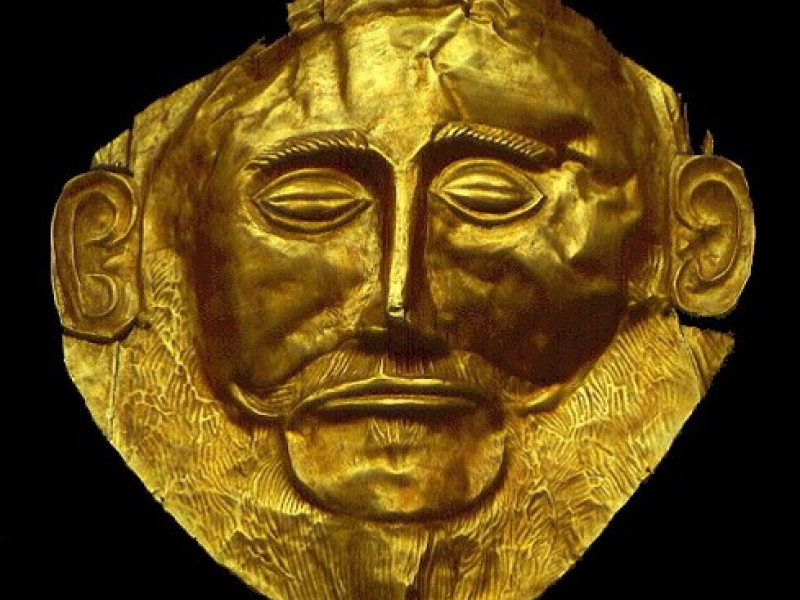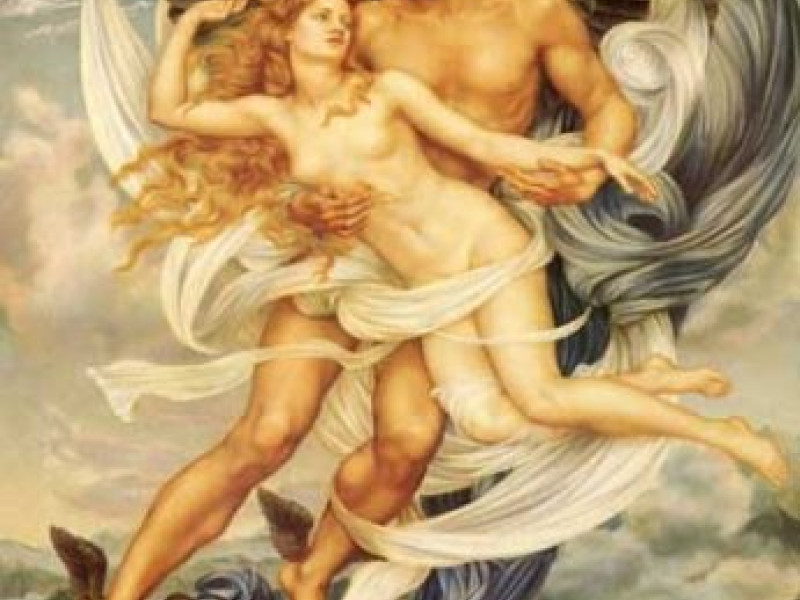Erysichthon
Erysichthon (Ἐρυσίχθων) was the son of Triopas. Erysichthon was the father of Mestra (Μήστρα), a girl who would later marry Autolycus and become the mother of Anticleia.
He was a rich and impious man who cut down a tree from a sacred grove. By cutting down the tree, he had killed a dryad nymph. The other dryads called upon Demeter to avenge their sister.
Demeter severely punished Erysichthon for sacrilege. Demeter inflicted insatiable hunger on Erysichthon. No matter what he ate, he couldn't quell his hunger for more food. Erysichthon sold everything he had for food, until he had nothing left but his daughter, Mestra.
Mestra had gained the ability to shift-change after she was either seduced or raped by Poseidon. Driven by hunger, Erysichthon sold his daughter off to slavery for a great deal of money to buy more food. Mestra escaped from her master and returned to her father, and then Erysichthon would sell her again to another master.
Finally, driven to despair, Erysichthon consumed himself.
By Jimmy Joe





